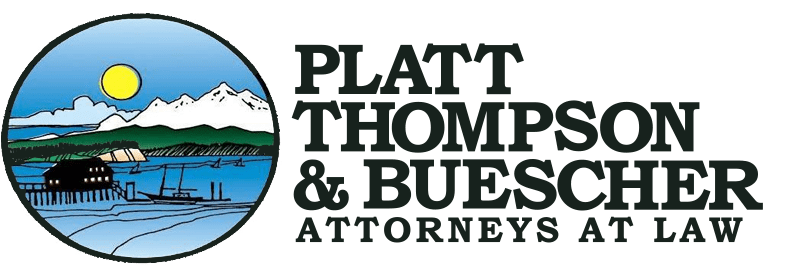Factors In The DUI Arrest Decision
Officers are trained to make their “arrest/no arrest decision” based on the totality of the circumstances – meaning they are taught to make their arrest decision based on all of the evidence they accumulate during the vehicle in motion, personal contact, and pre-arrest screening phases of DUI detection.
The officer must have probable cause in order for his or her arrest to be lawful. Bare suspicion of criminal activity is not enough. It is also not necessarily illegal to drink and drive. (It only becomes illegal if the driver’s blood alcohol content is .08 or more or their ability to drive is lessened due to drugs or alcohol consumption). Therefore, evidence that a driver has had something to drink is perhaps insufficient to establish probable cause. But probable cause is not a bright line rule. The totality of facts and circumstances known to the arresting officer at the time of the arrest are evaluated to determine whether a reasonably cautious person would believe the suspect drove under the influence. Division Two of the Washington Court of Appeals found probable cause supported an arrest where a defendant smelled of alcohol and a cooler full of beer and three opened cans of beer were found in the car. State v. Gillenwater, 96 Wash.App. 667 (Wash. Ct. App. 1999). But Division Two declined to find probable cause in another case where a defendant struck and killed a pedestrian, ran traffic lights, admitted to having consumed a couple of drinks, had breath that smelled of intoxicants, but had also been cooperative, demonstrated good coordination, had orderly clothes, good speech, and normal eyes. State v. Avery, 103 Wash.App. 527 (Wash. Ct. App. 2000). Probable cause should be closely evaluated and challenged in most if feasible because an arrest without probable cause is illegal and the fruits (results) of an unlawful arrest should be excluded. A hearing on probable cause may also serve develop facts that may be helpful at trial.
Drivers arrested for DUI are encouraged to immediately and clearly inform the arresting officer that he or she desires to speak with a lawyer and to remain silent thereafter. See, e.g., Edwards v. Arizona, 451 U.S. 477, 101 S.Ct. 1880 (1981) (once accused in custody expresses desire to deal with police through counsel he is not to be subjected to further interrogation until counsel has been made available).
Drivers should not answer any questions after clearly informing the officer of their desire to deal with the police through a lawyer only. The one exception to this may concern those questions strictly concerning the driver’s decision whether to submit to or refuse the evidential breath test after receiving implied consent warnings. Drivers should also familiarize themselves with implied consent laws concerning evidential breath tests that will be administered after receipt of implied consent warnings.
Processing And Evidential Breath Test
As mentioned above, drivers should familiarize themselves with implied consent law. Refer to our Implied Consent Law page for more information concerning implied consent warnings and breath testing.
Contact the DUI defense attorneys at Platt, Thompson and Buescher today to talk about resolving your DUI charge. We serve Oak Harbor, Island County, Bellingham, Burlington, Mt. Vernon, Whatcom County, Skagit County, Seattle, King County, and greater western Washington.
Call our Coupeville office to schedule an appointment by at 360-474-3994 or contact us online.

